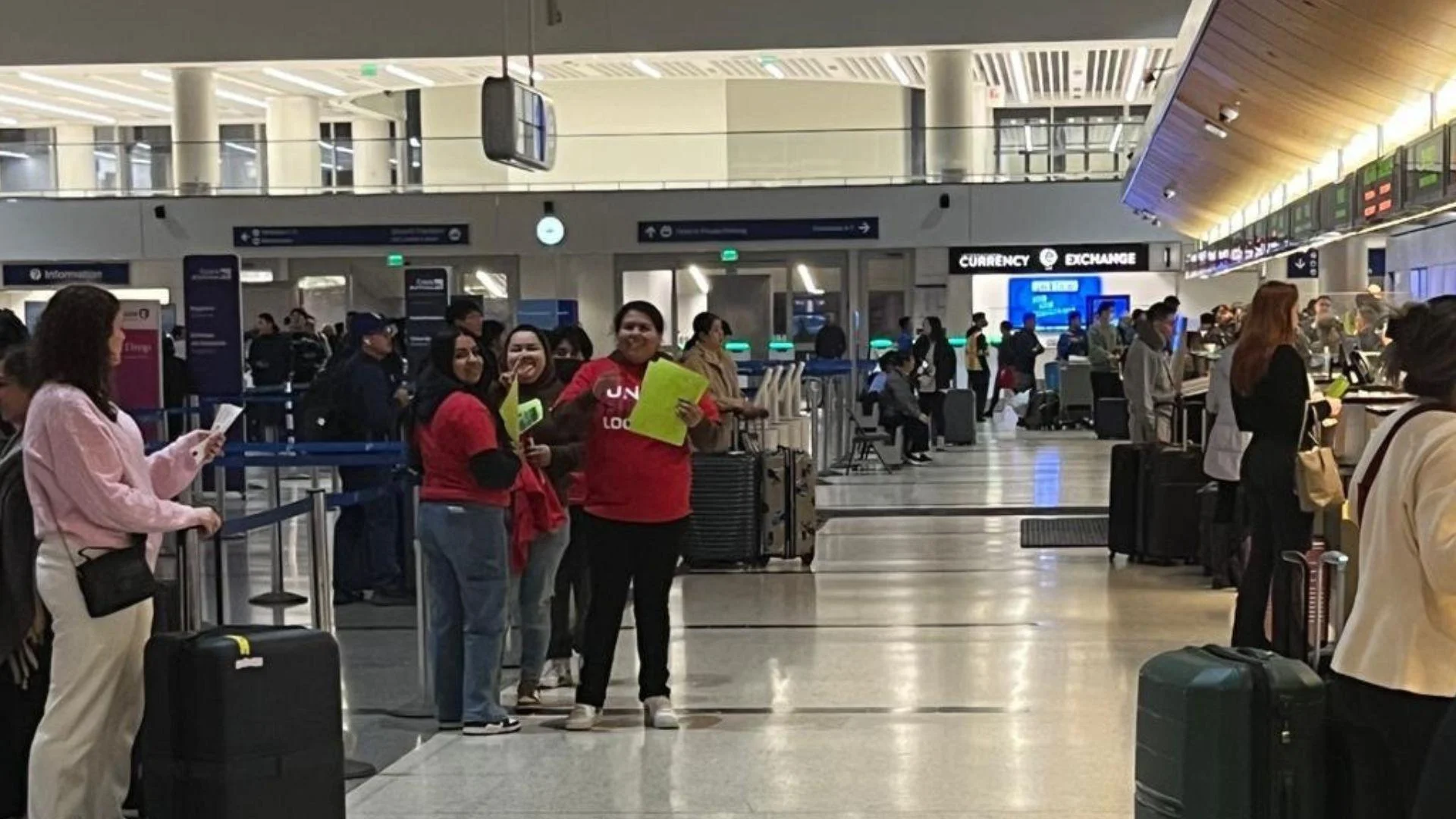"Passengers need to prepare themselves for some government-induced turbulence," said Henry Harteveldt, president of Atmosphere Research.
Most federal employees involved in air travel—including those with the Transportation Security Administration (TSA) and Federal Aviation Administration (FAA)—are considered essential workers and are expected to continue working during a shutdown. However, they would not receive paychecks during this period, which could eventually result in absenteeism or staff shortages.
Harteveldt explained: "Near term, passengers may notice longer airport security lines, and there is a risk of additional flight delays. If the shutdown lasts for more than a week or two, I'm concerned some TSA airport security workers may quit their jobs in search of employment — and paychecks — elsewhere."
Air traffic controllers are also classified as essential personnel but staffing shortages already exist within the FAA. A prolonged shutdown could worsen these shortages if employees call in sick or leave their positions due to lack of pay. Past shutdowns have led to increased sick calls among air traffic controllers; during the 2018-2019 closure, this caused temporary closures at major airports like LaGuardia Airport (LGA) and delays at others such as Newark Liberty International Airport (EWR), Philadelphia International Airport (PHL), and Hartsfield-Jackson Atlanta International Airport (ATL).
Support staff who assist air traffic control operations may be furloughed during a shutdown, adding further strain on remaining employees. Additionally, training programs for new air traffic controllers would be disrupted—a challenge highlighted by Binyamin Appelbaum in The New York Times as contributing to long-term staffing issues at the FAA.
The U.S. Travel Association summarized its concerns in a letter to congressional leaders: "A shutdown exacerbates staffing shortages among Transportation Security Administration officers and air traffic controllers, threatening longer airport security lines, flight delays, and cancellations."
Passport services are expected to continue since they are deemed essential functions funded by application fees. Trusted Traveler programs should also keep operating under similar financial arrangements. Nonetheless, passport offices located within shuttered federal buildings may close temporarily; processing times could lengthen if absenteeism increases or funds run out.
U.S. Department of State employees would remain on duty but unpaid during a shutdown—potentially slowing document processing over time if staff members stop reporting for work.
Post offices will remain open throughout any potential closure period so passport applications can still be submitted there.
Border crossings into the United States will stay open because Border Patrol agents are considered essential personnel along with much of federal law enforcement.
Museums such as those operated by the Smithsonian Institution—and other federally funded cultural sites—may stay open briefly using reserve funds but would close if reserves run out before funding is restored. During previous shutdowns like that from 2018-2019, Smithsonian museums closed after 11 days without new appropriations.
National parks typically remain accessible even when most park staff are furloughed; however, visitors often encounter uncollected trash, closed restrooms or trails, and increased risks from illegal activities due to reduced oversight. Former park superintendents have recently advocated closing national parks entirely during any future shutdowns because limited staffing has previously harmed park resources.
"A shutdown is a wholly preventable blow to America's travel economy—costing $1 billion every week—and affecting millions of travelers and businesses while placing unnecessary strain on an already overextended federal travel workforce," said Geoff Freeman, president and CEO of the U.S. Travel Association.
Travelers are advised to monitor news updates closely should a government closure occur; longer lines at airports along with possible delays for passports or other documents can be expected until normal operations resume.
 Alerts Sign-up
Alerts Sign-up





































